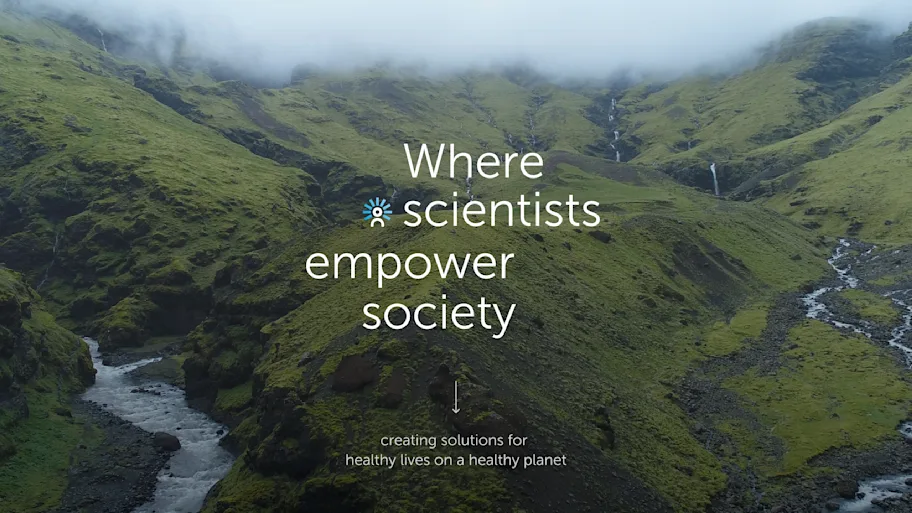
- Science News
- Research Topics
- Navigating the trust gap: three Research Topics on tech, AI, and the future of public confidence in science
Navigating the trust gap: three Research Topics on tech, AI, and the future of public confidence in science

Technological advancements have changed how we consume and interact with information. Social media, search engines, and artificial intelligence (AI)-powered algorithms make knowledge accessible at an unprecedented scale. However, these developments have also created new opportunities for misinformation and manipulation, ultimately undermining public trust in institutions, including scientific ones.
In the information age, fostering trust and confidence among the public –particularly in the science community—prompted a community of scientists to establish the Research Topic The Erosion of Trust in the 21st Century: Origins, Implications, and Solutions. Inspired by the work of this group of researchers, we’ve curated three Research Topics that investigate the complex interplay between technology, health, and society's trust in scientific research.
These topics explore reflections on how to develop technology that benefits society, the implications of using AI in public health data, and public risk perception and its impacts on policy, decision-making, and innovation.
All articles are openly available to view and download.
1 | Technology For the Greater Good? The Influence of (Ir)responsible Systems on Human Emotions, Thinking and Behavior
56.500 views | 11 articles
This Research Topic underlines the (un)intended effects technology may have on individuals and societies, stressing dilemmas for stakeholders and pointing out good and bad practices in designing, creating, and using technology.
In recent years, technological advancements, particularly in AI, have significantly shaped the perceptions, cognitions, emotions, and behavior of a large population.
This underscores the need for deep considerations in technology, as it can work in both beneficial and detrimental ways. Notable examples include:
the use of social media for crowdfunding
chatbots for public opinion influence
the challenges of fallible biometrics
the impact of recommender systems on decision-making
the use of companion robots.
2 | Extracting Insights from Digital Public Health Data using Artificial Intelligence, Volume II
31.700 views | 12 articles
This Research Topic platforms the current state-of-the-art artificial intelligence techniques on digital public health data. It contains critical insights to inform researchers, health practitioners, policymakers, and governments' decision-making.
Recent advancements in AI techniques and graphics processing unit computing capabilities have made it possible to process large volumes of data and extract valuable insights within short periods.
Although harnessing the power of AI can lead to exciting and groundbreaking digital public health research, it should be accompanied by effective health communication and mechanisms for detecting misinformation.
3 | Public risk perception in public health policies
21.000 views | 23 articles
This Research Topic investigates the complexities of public risk perception and its impacts on policy, decision-making, innovation, and public health. It addresses how public risk perception affects technology adoption and public health interventions, including cases where reluctance hinders beneficial innovations despite the evidence.
Public risk perception influences policymakers' responses to potential risks, impacting innovation and people's choices. The efforts of these scientists enhance our understanding of these drivers to improve risk communication and management strategies.






